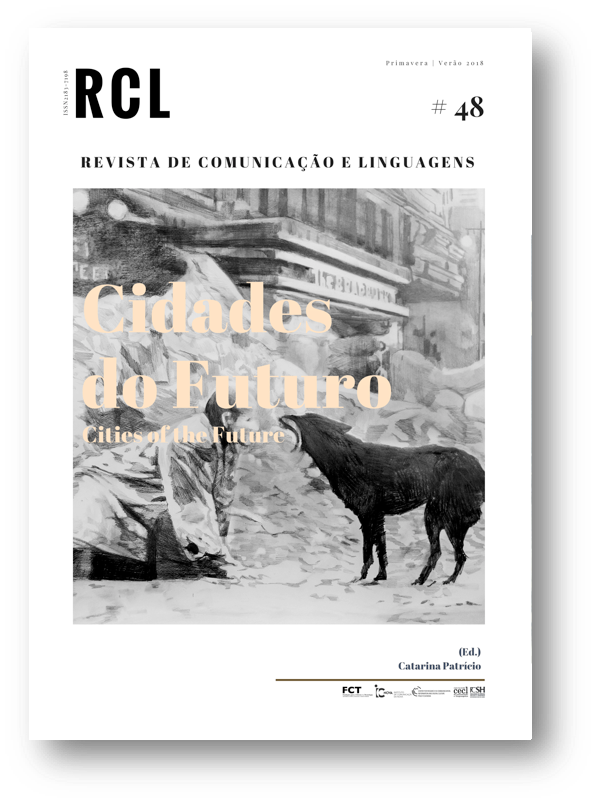REFRAMING DIGITAL PRACTICES IN MEDIATED PUBLIC OPEN SPACES ASSOCIATED WITH CULTURAL HERITAGE
Resumen
This article addresses the relationship between digital media technologies (deliv- ered via smart phones, tablets, wi-fi connections) and their use in public open spaces (parks, gardens, squares, plazas, streets, etc.). In the age of ubiquitous and pervasive computing, digital technology is entering the context of the everyday appropriation of the urban environments. Due to the rapid development and increasing possibilities of ICTs for application in the public realm, digital tools challenge a better understanding of the consequences by social scientists and urban designers. This leads to questions about the many ways ICTs affect the use of public open space, the risks included as well as the degree to which these new, emergent, uses fit into the concept of a virtual society. This article focuses on the capacity of ICTs to transform our cities into more social places and con- tribute to more interesting and engaging ways to navigate and interact with pub- lic spaces. It is based on the European COST network CyberParks, in the frame- work of which several aspects of the relationship of ICTs with public spaces and urban design have been analysed. The results show that ICTs cause and enable innovative outdoor social practices, which provoke spatial and social experts to use them in policies, design and research, in order to produce responsive and inclusive urban spaces. Therefore, aspects such as promoting leisure and recre- ation, integrating social media and enabling association with heritage will be ex- plored and discussed on the basis of examples already studied in three different countries (Serbia, Portugal and Cyprus). Cultural heritage can be used to influ- ence positively the social cohesion, as it can be promoted in such a way that, instead of provoking tensions and division, would offer spaces of inclusion, in- creasing everyday experiences and provide a sense of belonging to socially ex- cluded communities.
mediated public spaces, mobile technology, cyberparks, spatially dis- tributed narratives, historic cities.
Derechos de autor 2018 Revista de Comunicação e Linguagens

Esta obra está bajo licencia internacional Creative Commons Reconocimiento-NoComercial 4.0.


